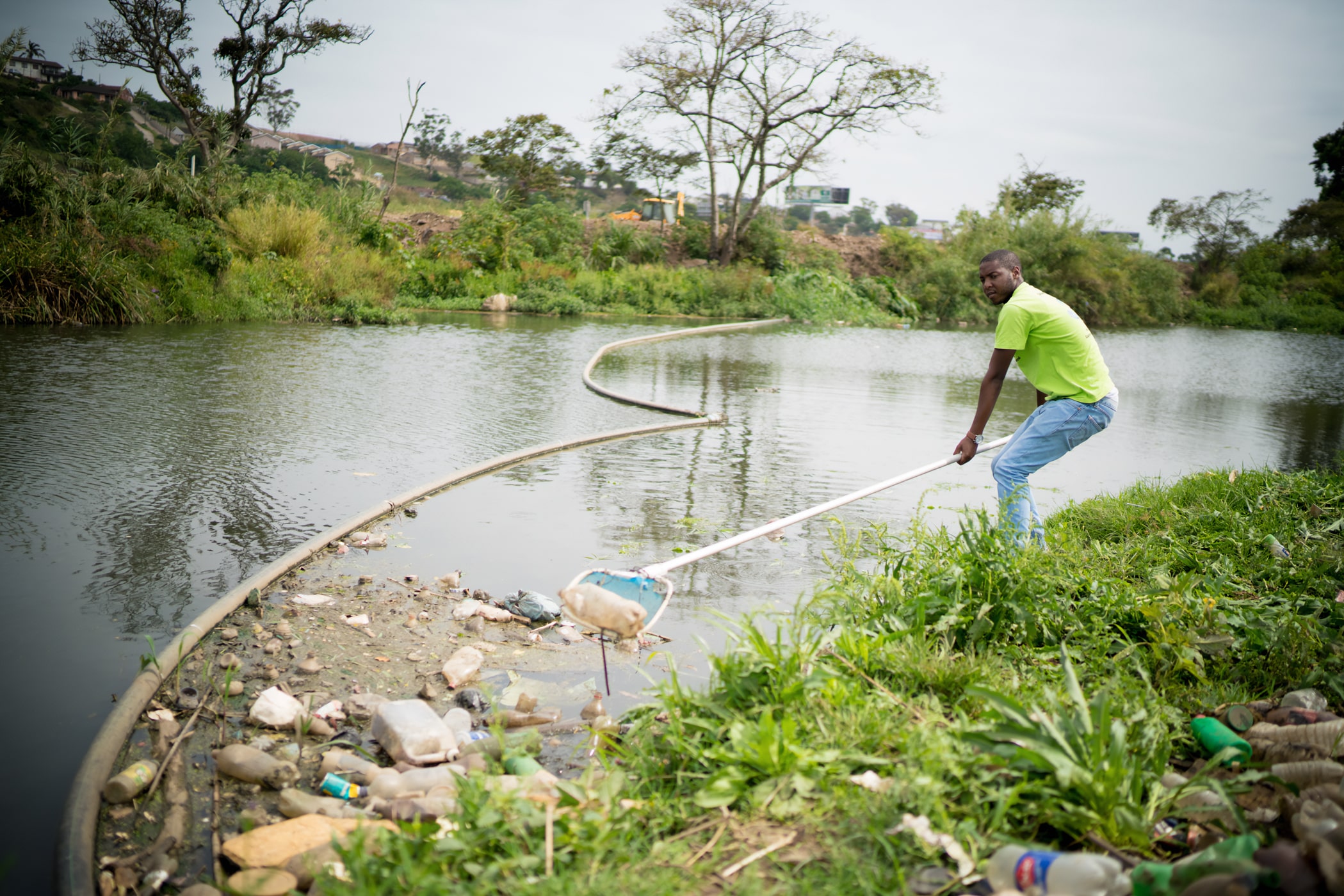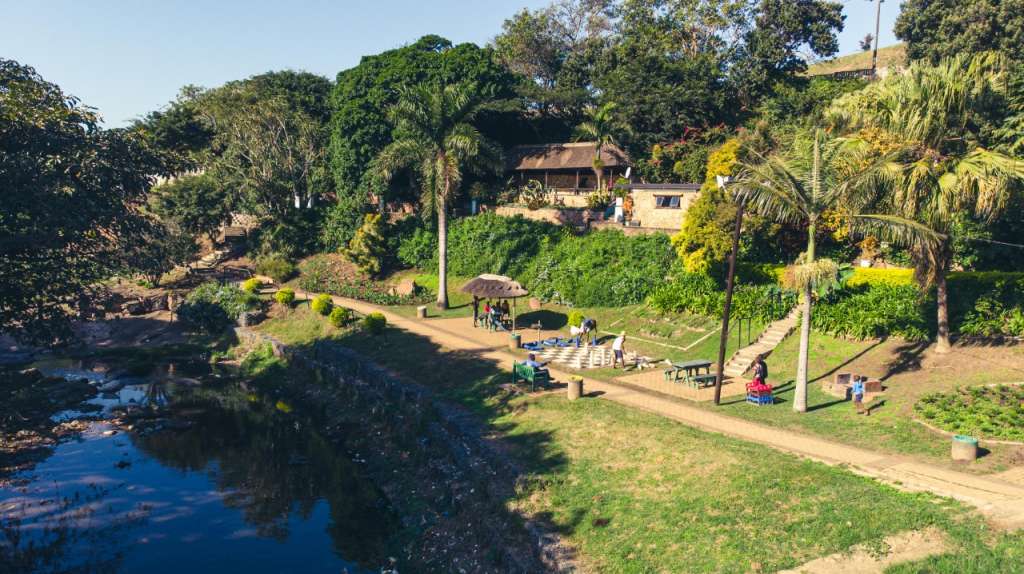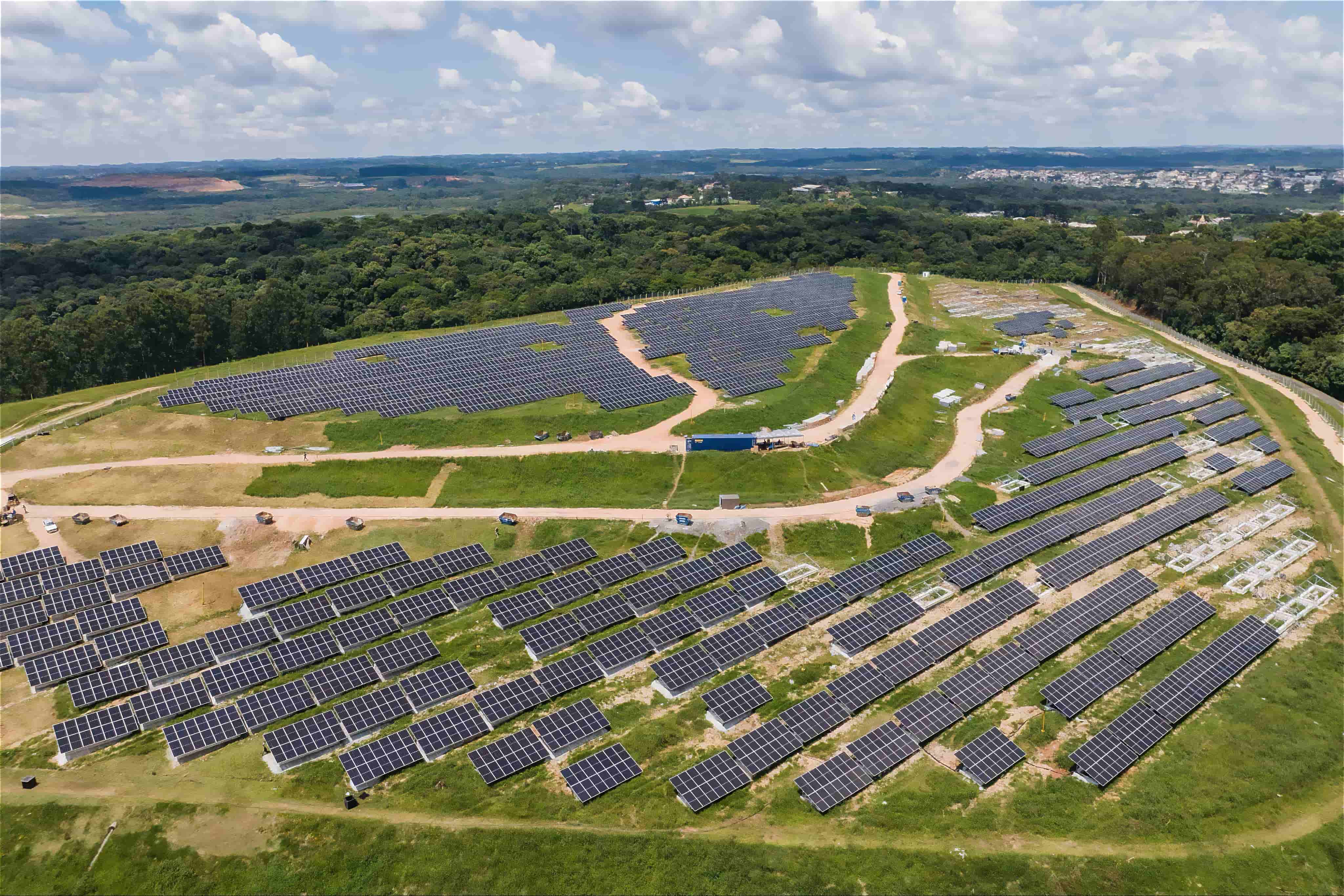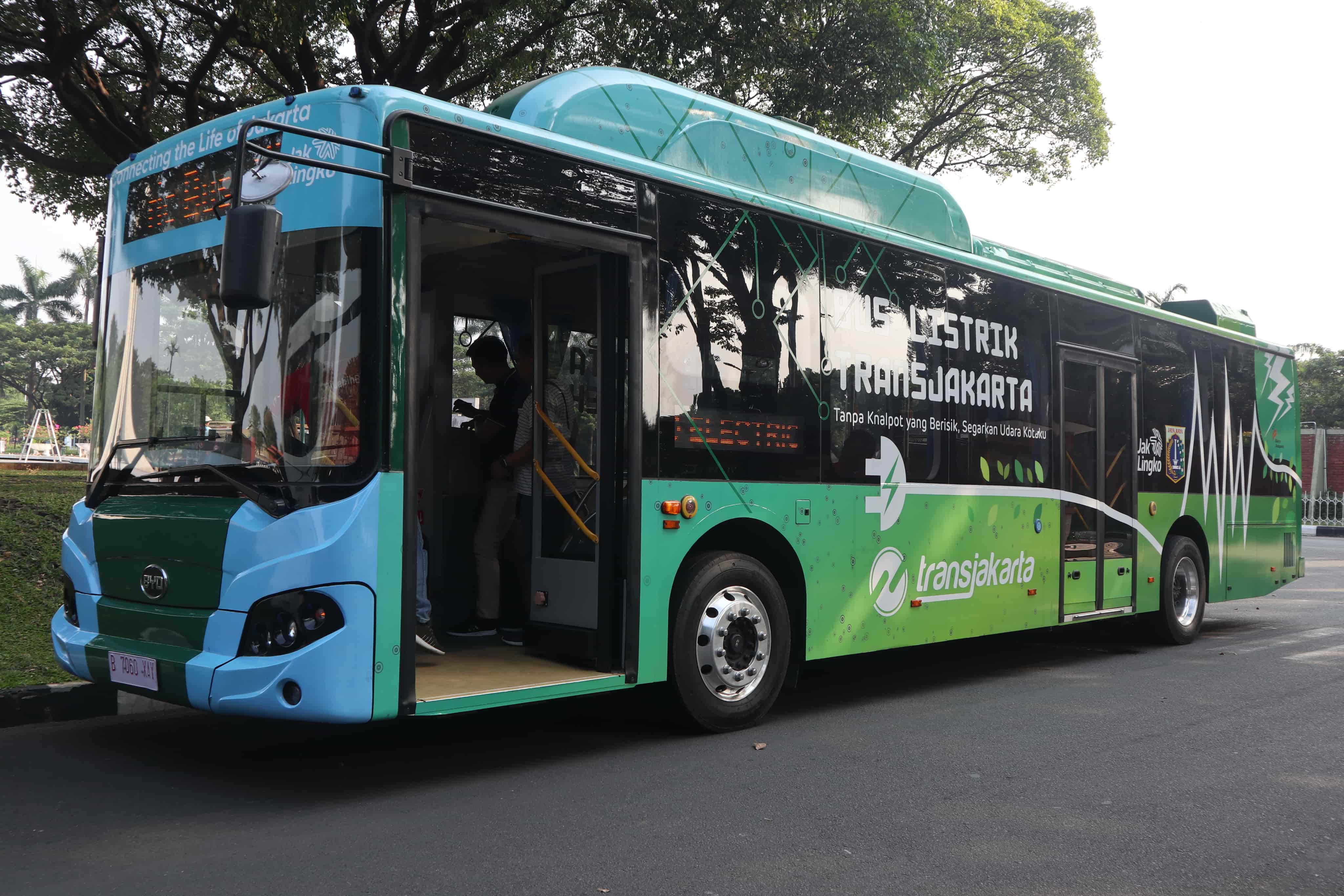Transforming River Management and Shifting Mindsets in South Africa and Beyond
eThekwini Municipality (the City of Durban), supported by C40 Cities Finance Facility, has implemented its Transformative Riverine Management Programme (TRMP). The TRMP significantly increases the city’s resilience to climate change through the rehabilitation of 7400 kms of Durban's degraded rivers and streams to optimise ecosystem services, as well as social and local economic benefits.
ABOUT
Nature-based solutions
Investment volume:
397 million EUR
Project status:
Implemented
People benefitting:
750 000
IMPACT
As a collective, riverine management projects in the city have begun to demonstrate the role and value of community (and business) stewardship of rivers, yielding notable community mobilization impact in active stewardship of rivers. As an ongoing project by the city, the potential exists to create 9,181 jobs through over 1,000 community co-operatives in a city-wide TRMP. Overall, projections show that each R1.00 spent by the municipality on transformative riverine management on its own land could generate up to R5.23 in municipal and societal benefits. To achieve holistic transformative outcomes, the eThekwini Municipality recognises the need to partner with businesses and private riverine landowners to facilitate joint riverine management investment and action. In addition, co-operative governance approaches are also strengthened to ensure that land-use decision making in Traditional Authority areas are consistent with TRMP objectives.
The achievement of a TRMP at city-scale is likely to follow a long-term process of scaling-up and expanding implementation focus over time as capacity is built, stakeholders mobilised, and financing mechanisms developed. Durban municipal staff helped strengthen colleagues’ capacities in other municipalities, leading to 17 communities starting their own riverine management programmes using an adapted model. This project provides a scalable and replicable model for how cities across the world can manage and maintain their waterways while maximising socio-economic benefits.
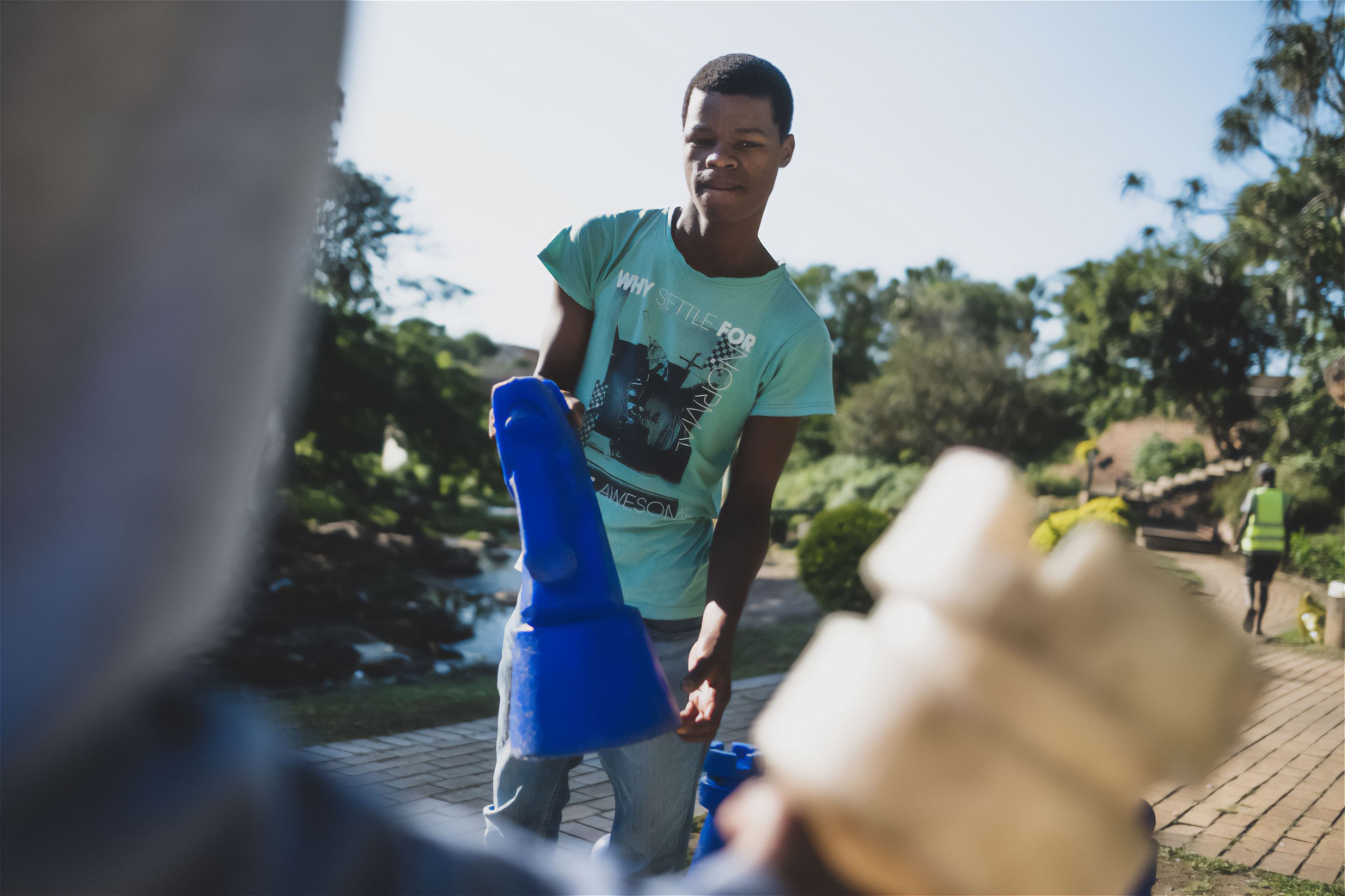

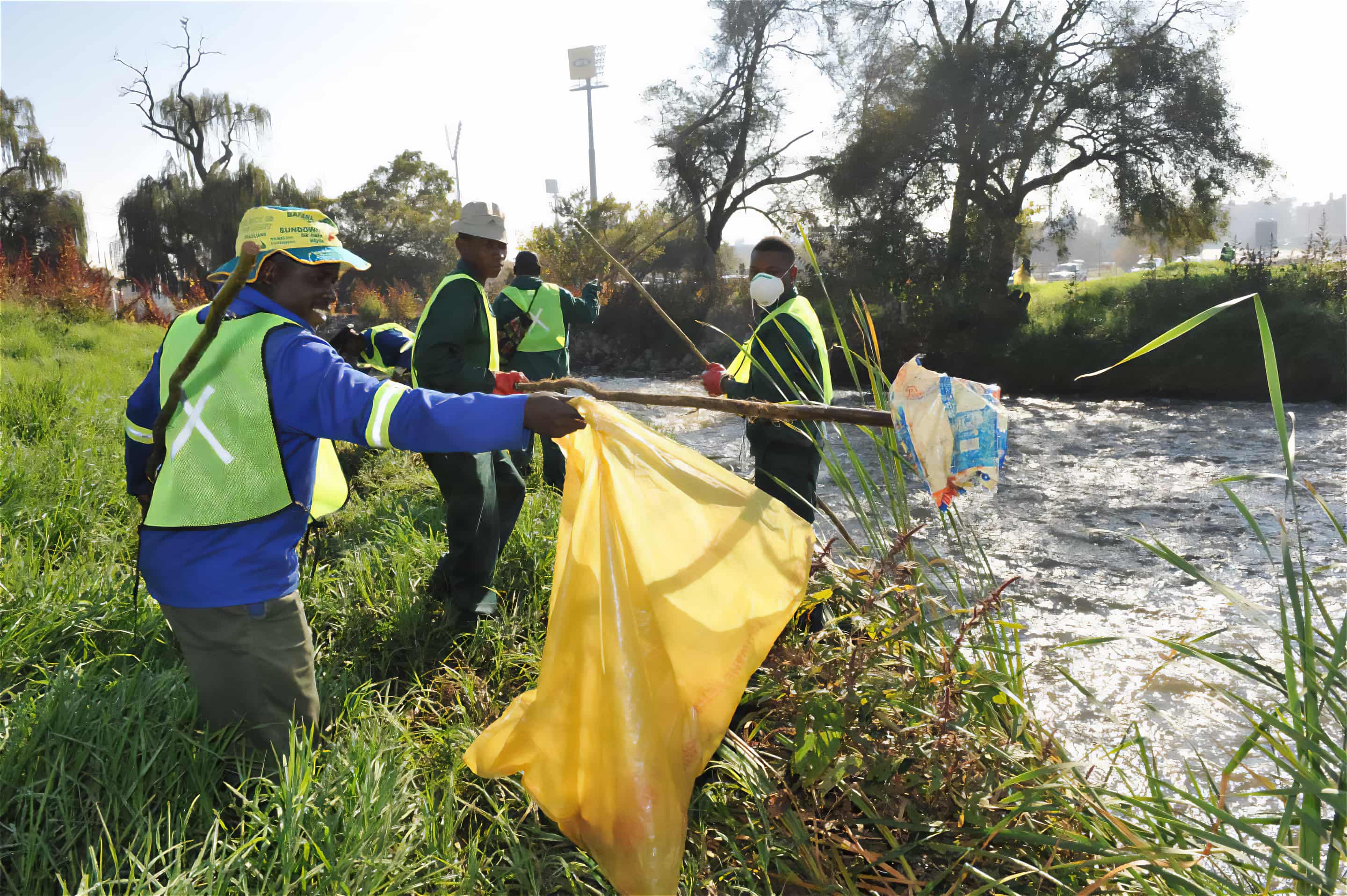
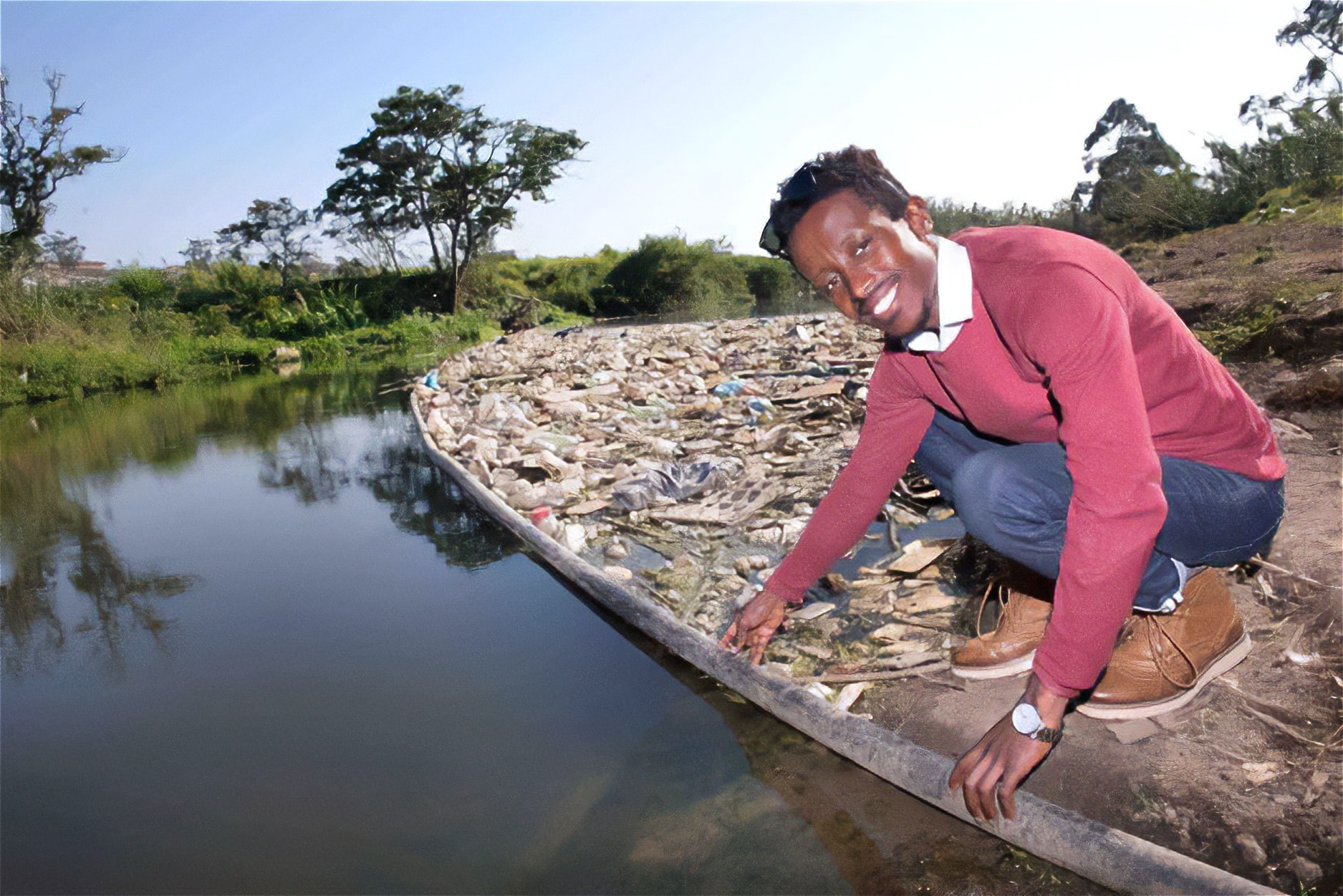
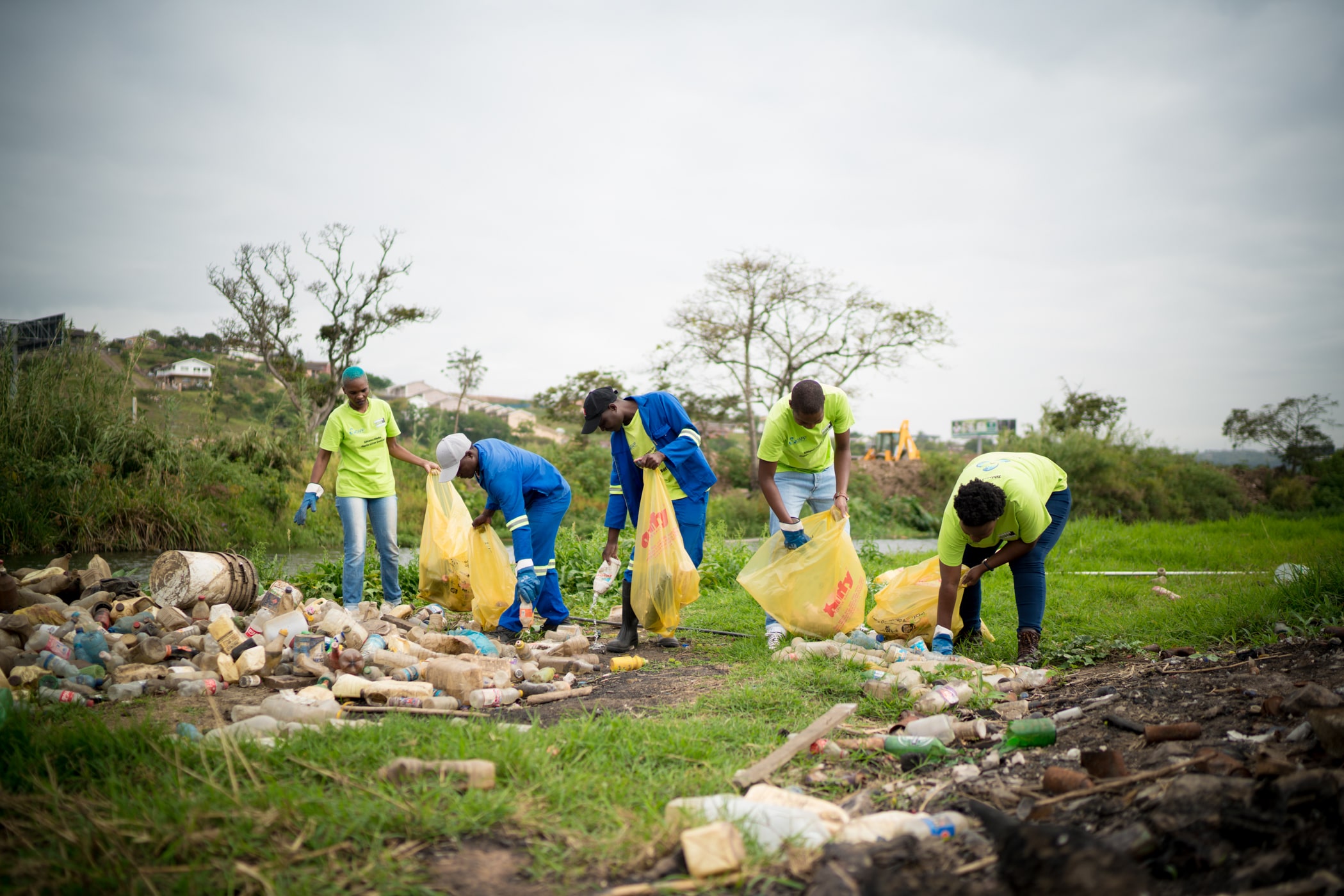
HISTORY
The eThekwini Municipal Area (EMA) is home to approximately 3.9 million people and covers 2,555 square kilometres, two thirds of which is peri-urban / rural. It is drained by over 7,000km of rivers within 18 major catchments. These rivers flow into 16 estuaries along the city’s 98 km long coastline before reaching the Indian Ocean.
Climate change is heavily compounding the damages to river ecosystems and escalating the associated human, financial and economic risks. Most of Durban’s rivers have been severely modified by human and economic activities within their catchments, some of which extend far inland of the eThekwini Municipality boundary. Human and economic interactions with riverine areas can play a significant role in intensifying these negative impacts locally or elsewhere in the river catchment system, or conversely – minimising them.
A management focus on both the riparian zone and the broader catchment (Future Catchment Management scenario) shows that improvement in most ecosystem service levels is an average of 10% above present levels, even with the effects of climate change. This suggests that a “transformative” approach to riverine management, which addresses the sources of negative impacts on rivers with restoration and management of riverine areas, would not only reduce the city’s exposure to future climate change risks, but also help address current shortfalls in societal, financial and economic benefits from rivers.
With this realisation, the city saw an opportunity for linking riverine management to a thriving, innovative, inclusive and labour-intensive green economy, expanding the positive social and economic benefits of riverine areas. Durban’s Transformative Riverine Management Programme (TRMP) works in partnership with all affected stakeholders to collectively rehabilitate and sustainably manage all riverine areas in the EMA in a manner that builds resilience, enhances ecosystem function and delivers inclusive and social benefits. Thus, aligning with the city’s overarching vision of being the most livable and caring city in Africa by 2030.

